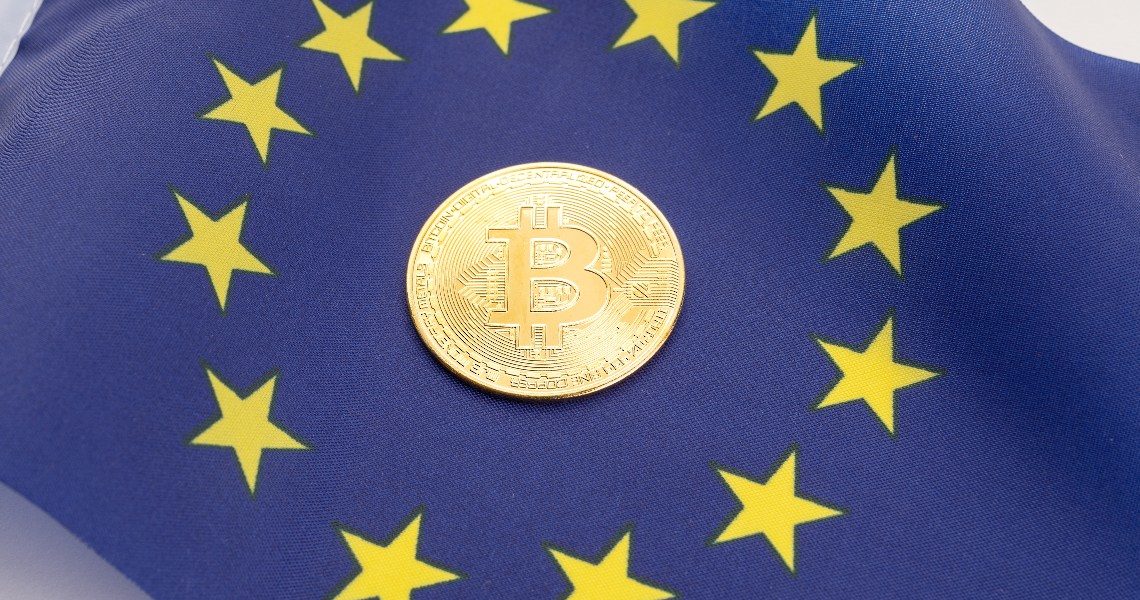ESMA believes that the power consumption of PoW is too high, which calls for tighter regulation of Bitcoin's consensus process.
Erik Thedéen, Vice President of the European Securities and Markets Authority (ESMA), complains that more and more electricity capacity from renewable energies is being used for mining Bitcoin ( BTC ).
In an interview with the Financial Times , Thedéen even raised crypto-mining to the topic of “of national importance”, because in his opinion the mining of crypto-currencies endangers the climate goals adopted by the European Union (EU).
The EU supervisory authorities would therefore have to target mining in the form of the Proof-of-Work (PoW) consensus process, which is mainly used for Bitcoin and related cryptocurrencies. At the same time, Thedéen suggests that the alternative proof-of-stake (PoS) consensus method, which is considered to be significantly more energy-efficient, needs to be promoted more:
"We need to have a discussion about the crypto industry moving to more energy efficient technology."
Paris-based investment firm Melanion Capital counters that calls for a ban on PoW mining are based on “a completely wrong understanding”.
In addition, the decentralized nature of Bitcoin means that the market-leading cryptocurrency does not have its own lobby group to represent its interests. However, this "must not be seen as an opportunity to enforce regulations that endanger an entire industry."
Bitcoin's high energy consumption has been a hot topic for the past year, with big names like Elon Musk, Jack Dorsey, and Michael Saylor chiming in. Tesla went so far as to no longer offer BTC as a payment option . However, unlike Thedéen, most of the other critics have had no problem with using renewable energy for crypto mining so far. On the contrary, Tesla had actually demanded this, because only as soon as Bitcoin is mined to at least 50% by renewable energies does the car manufacturer want to integrate the crypto market leader again as a payment method.
Either way, Bitcoin investors need not panic in the face of these demands, because last year China showed that even drastic official measures can ultimately be positive. Here the government had landed a massive blow against the market-leading domestic mining industry earlier in the year, which in retrospect turned out to be an unexpected blessing for the Bitcoin network. The hash rate has not only become more decentralized as a result, but now also increasingly includes renewable energies . As the Bitcoin Mining Council reports, their share amounted to 58% of Bitcoin’s electricity consumption as early as Q3 2021.
My Top PicksHoneygain - Passive earner that pays in BTC or PayPalMandalaExchange -The Best no KYC crypto Exchange!
BetFury - Play And Earn BFG for daily Bitcoin and ETH dividends!
Pipeflare - Faucet that pays in ZCash and Matic, Games pay in DAIWomplay - Mobile dApp gaming platform that rewards in EOS and BitcoinCointiply - The #1 Crypto Earning SiteLiteCoinPay -The #1 FaucetPay earner for LitecoinUpland - Collect Digital Properties & Test Your SkillsLBRY/Odysee - YouTube Alternative that lets you earn Money by viewing videos!FaucetPay - The #1 Microwallet PlatformFREEBTC - The #1 FaucetPay earner for Satoshi'sFaucetCrypto - An earning/faucet site that pays out instantlyFireFaucet - An earning site that pays better for some than Cointiply
DogeFaucet - Dogecoin Faucet
xFaucet - BTC, ETH, LTC, Doge, Dash, Tron, DGB, BCH, BNB, ZEC, FEY - Claim every 5 minutes
Konstantinova - BTC, ETH, LTC, Doge, Dash, Tron, DGB, BCH, BNB, ZEC, USDT, FEY, 25 Claims Daily


Comments
Post a Comment